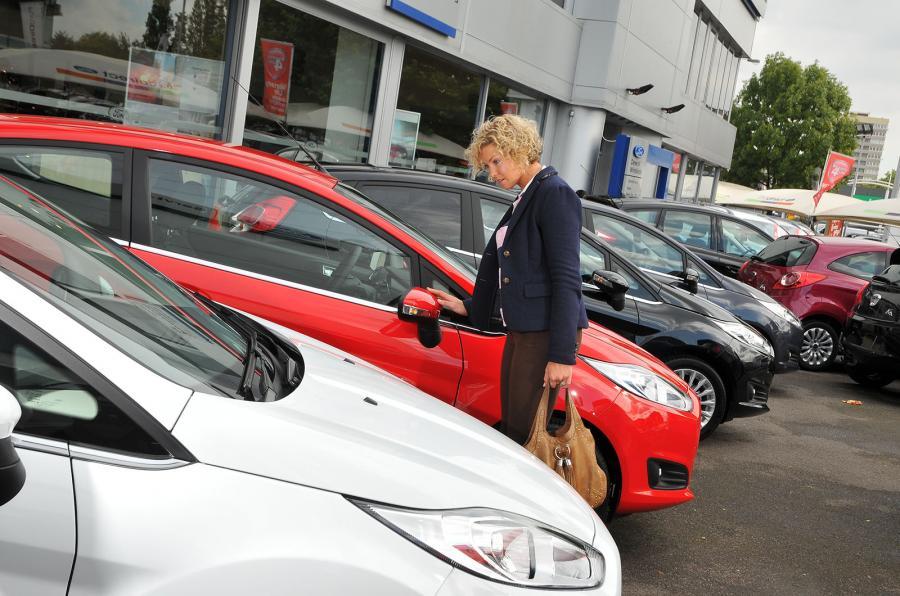New car registrations in the UK fell by 8.5% in May compared with the same month last year. A total of 186,265 cars were registered, compared with 203,585 in May 2016.
The hardest-hit segment of the industry is diesels, which following a downward trend across the year-to-date have dived by 20% compared with May of last year. Just 81,489 were registered compared with more than 101,000 during the same month last year. This makes diesels' market share 43.7%, compared with petrol cars' 51.8%.
Petrol cars, on the other hand, remain buoyant, with 0.4% growth in the same time period.
Some of diesel’s losses were mopped up by alternatively fuelled vehicles (AFVs) - hybrids, EVs hydrogen cars - which grew by 46.7%, to 8258 registries and 4.4% of the total market. This share is the highest the segment has ever taken.
Across the year, compared with the same period of 2016, total registrations are still down by 0.6%; 6,500 fewer cars have been registered so far. Diesel and private segments make up the hardest hit across this period, with 8.8% and 4.2% downturns respectively.
The Ford Fiesta remains the UK’s best-selling car, and was May’s best-seller after Mercedes-Benz’s dominance in April, while the Volkswagen Golf and Nissan Qashqai were the second and third best-sellers of May.
Shaun Armstrong, managing director of car finance provider Creditplus, said: "May figures could well mark the beginning of the end for diesel vehicles, with new registrations down 20,000 last month - it's hard to see how diesel can recover from what feels like a mortal blow.
“There is so much negative press around diesel at the moment - with proposals to introduce a toxin tax and the Government plans to launch a car scrappage scheme - that it's difficult to see anyone choosing diesel over petrol and AFVs right now."
SMMT chief executive Mike Hawes' attention was on the upcoming general election, though. He said: “The general election was always likely to give many pause for thought and affect purchasing patterns in the short term. Although demand has fallen, it’s important to remember that the market remains at a very high level and, with a raft of new models packed with the latest low-emissions and connected technology coming to market this summer, we expect the market to remain strong over the year.”
Read more:





Join the debate
Add your comment
Governments & the Motor Industry
Not enough
At least,
I can see diesels becoming the preserve of country folk who don't venture into big city's often, so no pollution charges to pay, and can just benefit from good MPG figures.
They cannot be banned completely or removed via scrappage schemes as there are far too many of them.
Hopefully a renewed attempt at controlling polluting emissions will grasp the idea that filling the roads with speed humps was a ridiculous idea and they will now be removed.